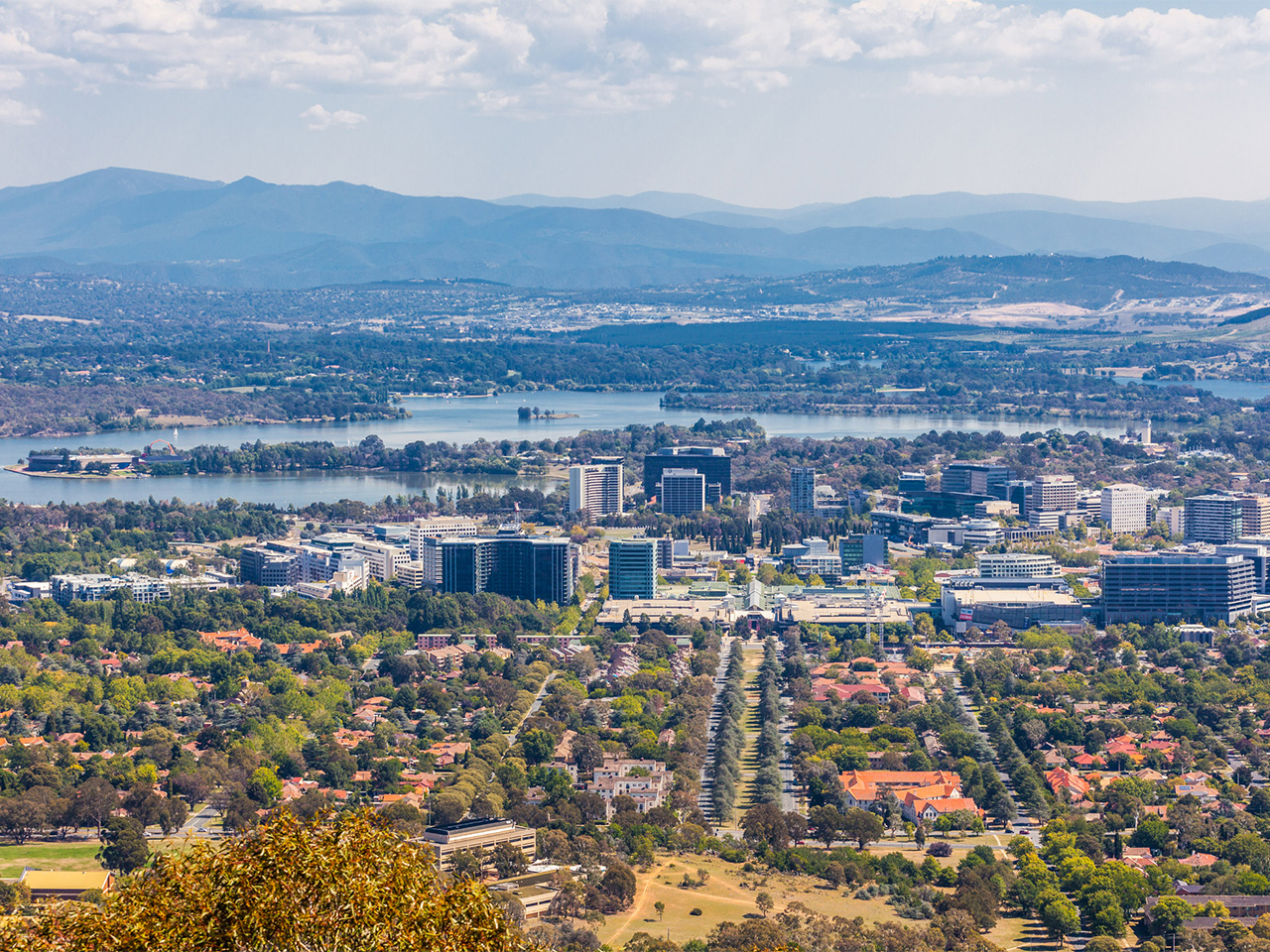An Introduction to the Australian School System
The biggest difference between the Australian school system and those in the northern hemisphere is the academic year: The school year starts in late January or early February and ends in December, for the summer holidays. There are two semesters, four terms, with a six-week break over Christmas, and three two- to three-week breaks between terms. Students attend school from Monday to Friday each week, with many schools having compulsory team sports events on Saturday mornings. School hours vary slightly across Australia but are generally from 8:30am to 3:30pm each school day.

Schooling in Australia, compulsory from age 5 to age 15 or 17, depending on the state you live in, starts with a kindergarten or preparatory year followed by 12 years of primary and secondary school. In the final year of secondary school, year 12, children study for a government-endorsed certificate that is recognized by all Australian universities and vocational education and training institutions, and which is a combination of exams and continuous assessment scores. This Senior Secondary Certificate of Education is also recognized by many international universities.
In addition, there are a number of government and private schools in Australia offering the International Baccalaureate (IB), a two-year pre-university curriculum for students age 16 to 19. For expatriates and children who may want to attend university back in the United States or elsewhere abroad, this is generally the more widely recognized option.
The vast majority of schools have uniforms, in both state-run schools and private schools. There are a number of private schools in each larger city, all charging fees according to the level, with higher years associated with more expensive fees. Also, if you are on a 457 temporary resident visa, you will have to pay a set fee for public schools. Only permanent residents get government schooling for free.
Usually expats have no control over when they have to move, and really there is no right or wrong time to start in an Australian school. If you do have a choice, take each child’s history, level, nature, and flexibility into account. If they are young, it really doesn’t matter that much, and they can enjoy school at any level, as long as it is not too boring or too demanding, considering that they are also coping with adjusting to a new life. If they are in the middle of an important stretch of schooling back home, consider whether they should finish it, whether it will benefit them just in case your stay in Australia is cut short and your child has to return to your home country’s school system at short notice. Talk to the Australian school; they are quite used to newcomers and have plenty of advice on how best to slot them into the new system. Think about how long you are going to stay, whether the children are likely to finish school in Australia, or whether you are going to move again before they have completed specific milestones. Starting children at the right-for-you time, in the right school, and with the right frame of mind is a battle when moving countries. Take your time with the decision.
Newsletter Signup
By clicking ‘Sign Up,’ I acknowledge that I have read and agree to Hachette Book Group’s Privacy Policy and Terms of Use
Pin it for Later


